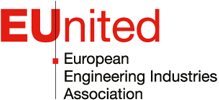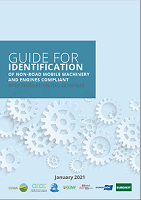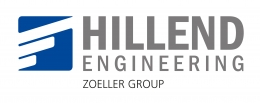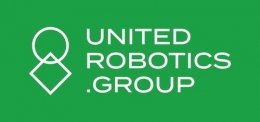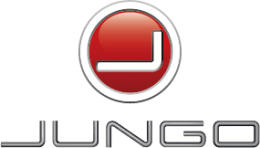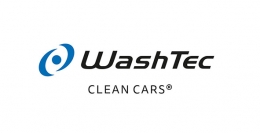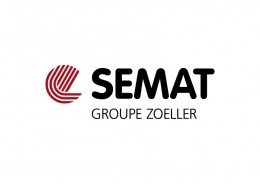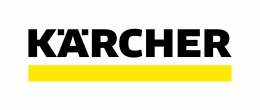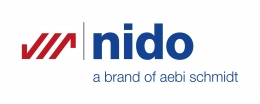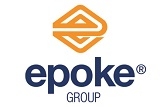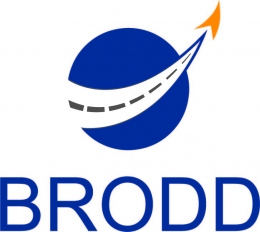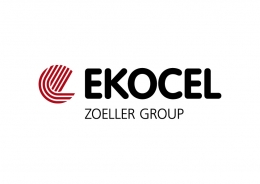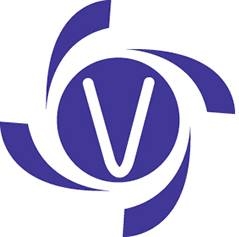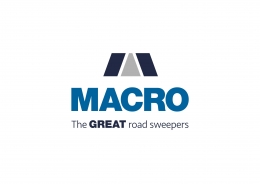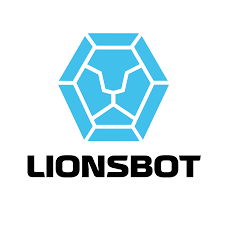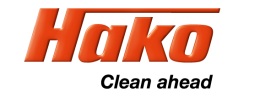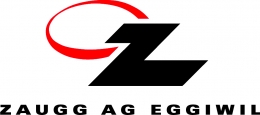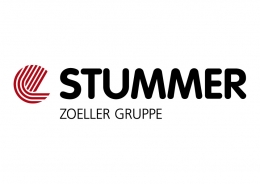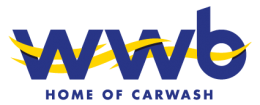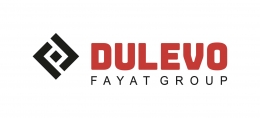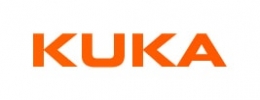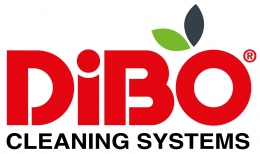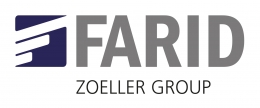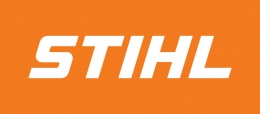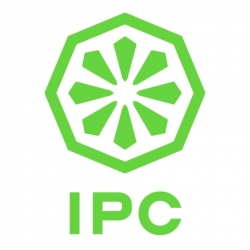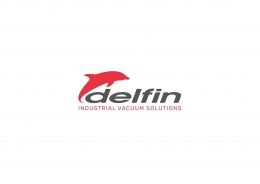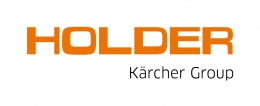
News
September 2015
Roundtable with Commissioner Oettinger on Digitizing European Industry
On 18 September 2015, members of the EUnited Robotics board, Henrik Schunk (SCHUNK GmbH & Co KG) and Wilfried Eberhardt (KUKA AG), joined Commissioner Oettinger at a round table discussion on digitizing European industry. This gathering follows Commissoner Oettinger's announcement at the Hannover trade fair in April 2015: "Europe's future is digital", and focuses on the main elements of his plan to make progress in this important sector of the European economy.
Digital revolution is high on the political agenda and the idea is to bring it to a European level. "We need a digital European market which allows new business models to flourish, start-ups to grow and industry to innovate and compete on a global scale. We urgently need to tackle the most challenging issues such as data, skills and standards, for European industry and citizens to make the most of the digital economy", stated Oettinger in his speech at the Hannover trade fair in April 2015.
Here are initial ideas on areas with potential for an EU-level action:
- Easy access to digital technologies for all industrial companies, and especially SMEs, wherever they are located in Europe and for any sector: to achieve that, we need a backbone of digital competence centers which provide businesses with world class digital expertise as well as testing and development facilities. During the next 5 years the different EU programmes will make available resources for starting to expand the digital innovation hubs all over Europe.
- European leadership in digital industrial platforms: the common objective is to ensure the availability of state-of-the-art open and interoperable platforms that any business can use to make its products, processes or services ready for the digital age.
- Preparing our workforce to benefit from the digital transformation is essential for the digital industry to succeed: there is a clear need for promoting digital skills at all levels, for re-skilling, and for lifelong learning across Europe and its regions.
- Regulation for smart industry needs to be smart: new digital technologies and business models are challenging the existing regulatory systems worldwide and require a new way of policy-making.
Measures need to be identified and carried out at EU-level in order to make progress in these areas. Therefore, this meeting with key business leaders to collect the views and input of the private sector is essential in order to present a concrete implementation plan for Digitizing European Industry to ministers early next year.
Also refer to the article "Have Your Say on Standards for Digital Single Market"
Quicklinks
EUnited AISBL- European Engineering Industries Association,
Industrious Brussels EU District, Avenue des Arts 6-9, 1210 Brussels, Belgium, +32 490 57 57 65
Transparency Register number: 0289344948-82
Industrious Brussels EU District, Avenue des Arts 6-9, 1210 Brussels, Belgium, +32 490 57 57 65
Transparency Register number: 0289344948-82
© 2025 Eunited aisbl, Bruxelles
